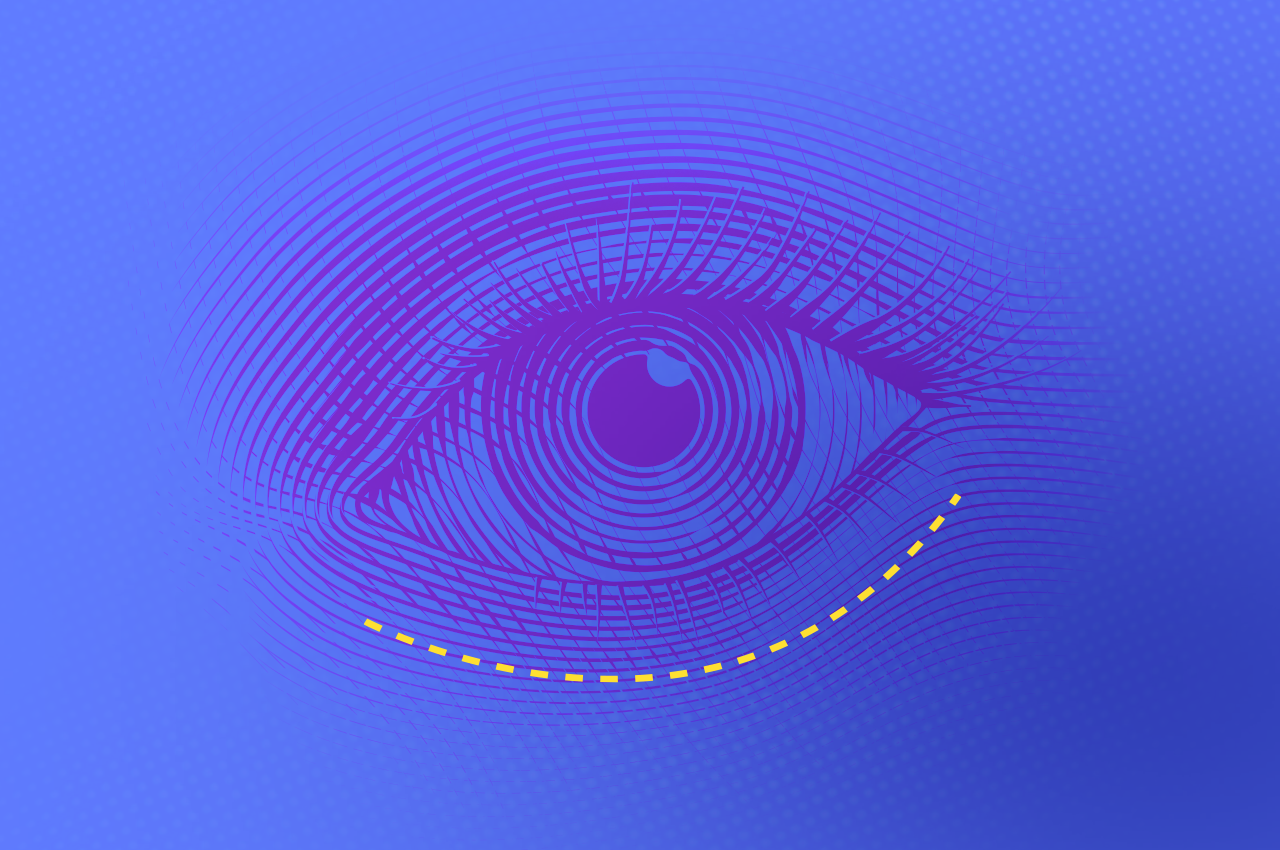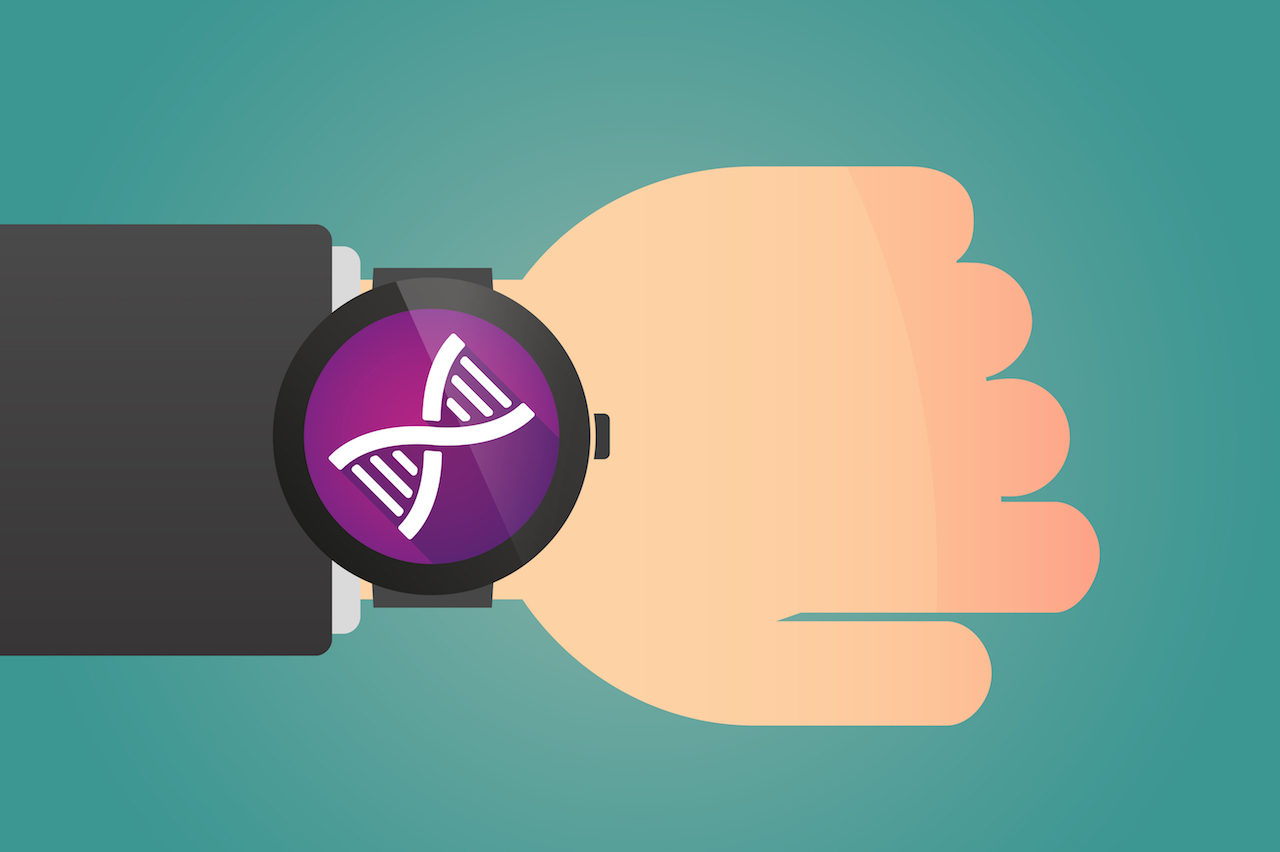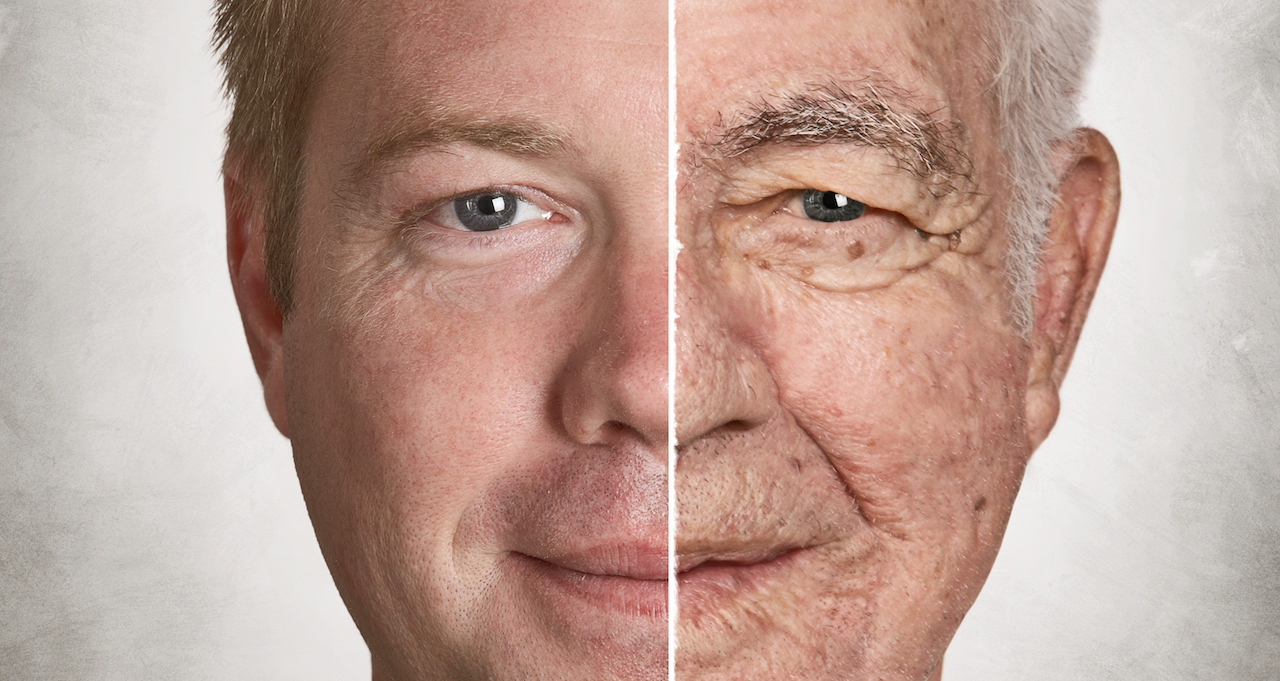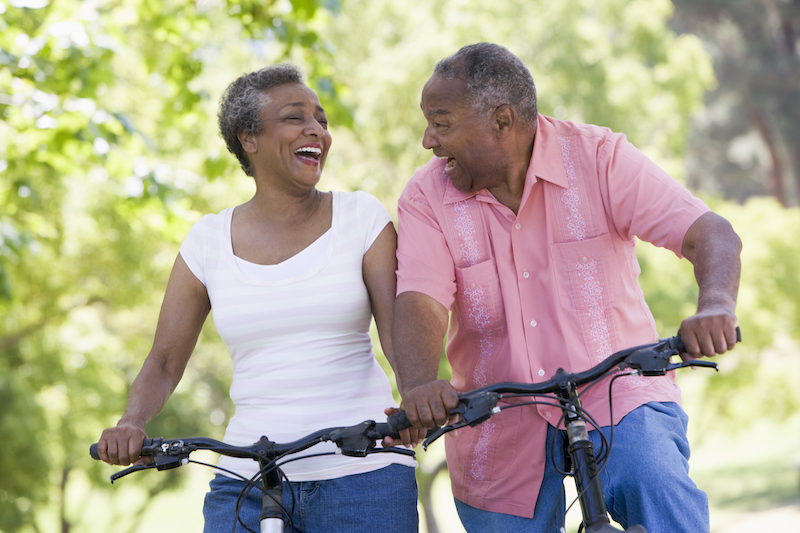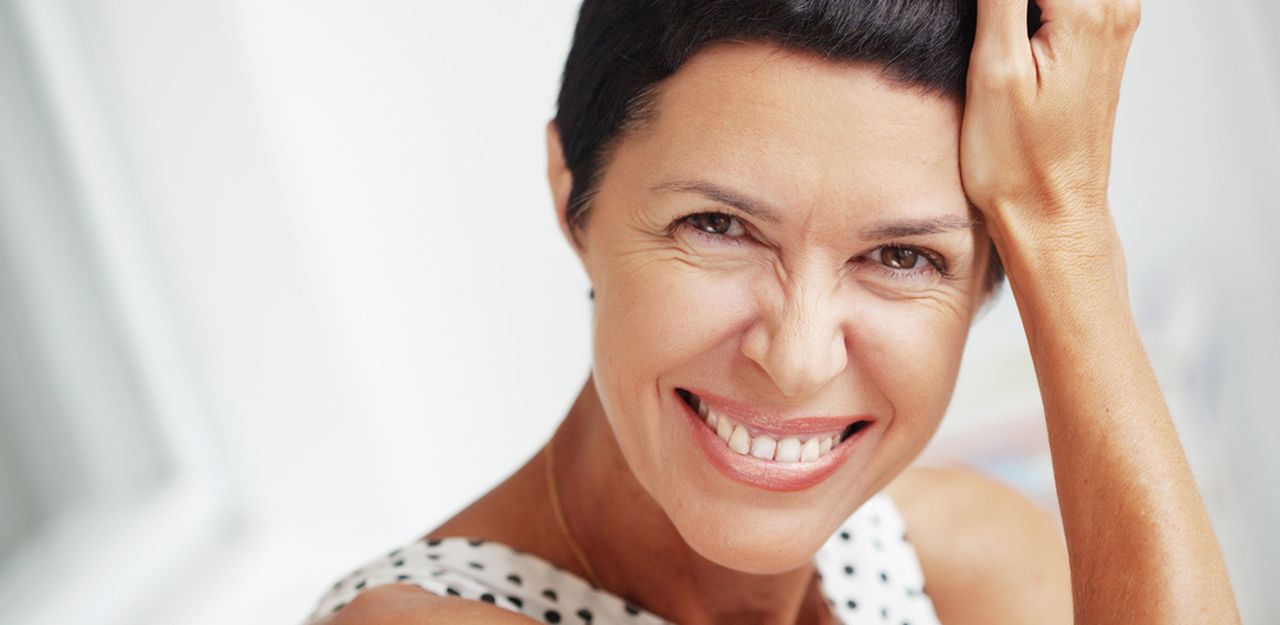The first signs of ageing usually show up around the eye area. This is because the skin around the eyes is a little different from the rest of the face. It’s much more delicate and fragile.
This begs the question: is the skin on your face and eye area different enough to merit using two separate moisturising products?
All about face cream
While the skin constantly needs protection and moisture, everyone’s skin is different. Your skin also changes over time.
To know what will work for you, you first need to understand your skin type and your face’s skin zones. This calls for an organised skincare routine to help maintain and balance your skin.
Commercially available face creams are packed with moisture-boosting chemicals. A good moisturiser infuses your skin with hydration, which helps to trap the product underneath it to make the ingredients even more effective. Skin-replenishing ingredients enrich the skin’s surface, while drenching it with revitalising hydration.
The lowdown on eye cream
The skin around the eyes is extremely thin, fragile, prone to dryness, and quicker to show signs of ageing and fatigue. It can also be severely stressed by blinking and/or rubbing of the eyes. Squinting and constant movement of your eyes accelerates the appearance of lines and wrinkles, while fluids that collect under the eye cause puffiness and dark circles.
Eye creams can help to address some of these issues, but so can your diet. Fluid accumulation is often caused by poor circulation, so including more vitamin K- rich food in your diet, can help ease this. Healthy options include broccoli, Brussels sprouts, green leafy vegetables, spinach, fish, liver and eggs.
Should you use eye cream?
Eye creams often contain ingredients that offer quick, temporary fixes to the problems mentioned above. They can help reduce puffiness, fine lines, wrinkles and dark circles. The night-time versions usually contain more of these active ingredients that help to repair the skin while you rest.
But these creams aren’t always the magical fix you’re looking for. Don’t forget that the skin is an organ that needs constant maintenance. Because the eye area is so sensitive, it’s best to give this part of your skin a little more TLC before fine lines and wrinkles start to appear. Using a good eye cream is one trick. Remember though, your skin also benefits from gentle, fragrance-free products, including a good cleanser and toner.
Your skin needs will change as you age, and so will your products.
Take care of your skin in four steps:
1. Cleanse: Wash your face using lukewarm water and cleanser.
2. Tone: This helps to balance the skin.
3. Moisturise: This hydrates and softens the skin.
4. Eye cream: Apply regularly to give the fragile skin around your eyes the extra protection it needs.
References:
- https://www.webmd.com/beauty/features/need-eye-cream
- https://my.clevelandclinic.org/health/articles/10980-understanding-the-ingredients-in-skin-care-products
- https://www.paulaschoice.com/expert-advice/skincare-advice/dry-skin/what-your-moisturizer-must-contain.html
- https://www.ncbi.nlm.nih.gov/pubmed/19735523
- https://www.healthline.com/health/beauty-skin-care/do-eye-creams-work#verdict
- https://www.nytimes.com/guides/tmagazine/skincare-routine
- https://vitals.lifehacker.com/whats-the-difference-between-eye-cream-and-moisturizer-1826334699
- https://medlineplus.gov/ency/article/002407.htm

